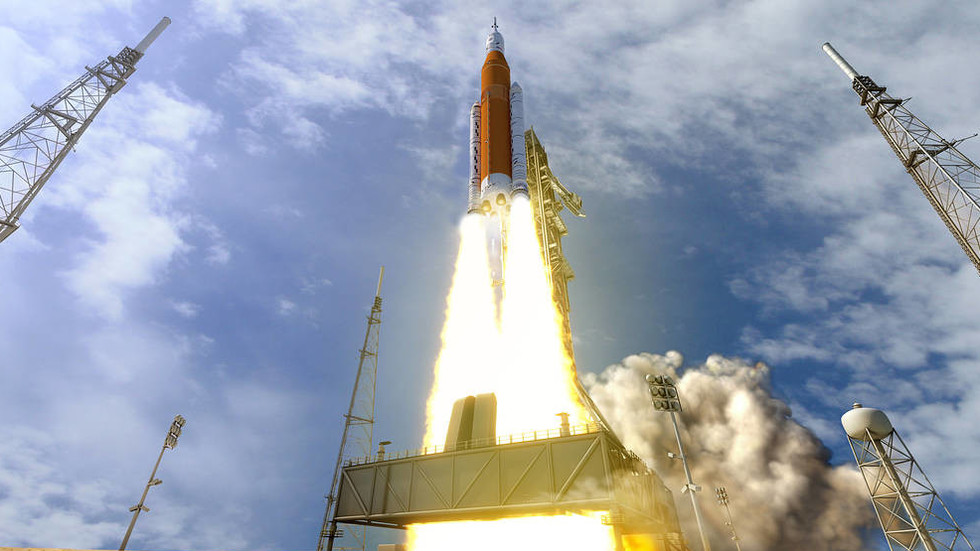NASA has been playing down the true cost of its Boeing Artemis-1 moon rocket, a government watchdog says. The delayed project is majorly over budget, costing $800 million more than the $1 billion overrun NASA has admitted to.
The Artemis Program aims to get humans to the Moon by 2024, with Artemis-1 the first stage of the mission, to send an uncrewed Orion Multi-Purpose Crew Vehicle to orbit the Moon using a Space Launch System (SLS) rocket.
But the SLS rocket contracted by Boeing is costing far more than NASA had planned, and far more than the additional cost of $1 billion the space agency has admitted-to, a new US Government Accountability Office report warns.
The GAO says the billion figure is �understated,� and a more accurate number is $1.8 billion. It found that NASA �shifted some planned SLS scope to future missions but did not reduce the program�s cost baseline accordingly.�

The report also found that NASA has been paying Boeing large award fees �amounting to $271 million� saying its performance has been �excellent� to �good,� despite delays. The rocket was originally planned to launch in 2017, but the date has been pushed back a number of times, with NASA hoping for lift-off in 2020, but the GAO says June 2021 is more likely.
The GAO also reported that Boeing could have done more to keep the launch on schedule. �As core stage production began, Boeing was focused on minimizing the number of technicians, in part to keep costs low, and hired about 100 technicians,� the report said, even though 2.5 times as many technicians were needed.
NASA currently estimates that it will cost about $10 billion to develop the rocket and its ground systems at Kennedy Space Center, but this number doesn�t account for any technical issues that may arise during the testing and certification phase.
�The GAO report repeatedly projects the worst-case schedule outcome,� NASA�s William Gerstenmaier told the GAO, Ars Technica reports. He said that NASA took issue with the �unnecessarily negative language� used in the report and that it failed to acknowledge the progress made.
The GAO has recommended that NASA adopt more transparent cost-reporting practices.


No comments:
Post a Comment